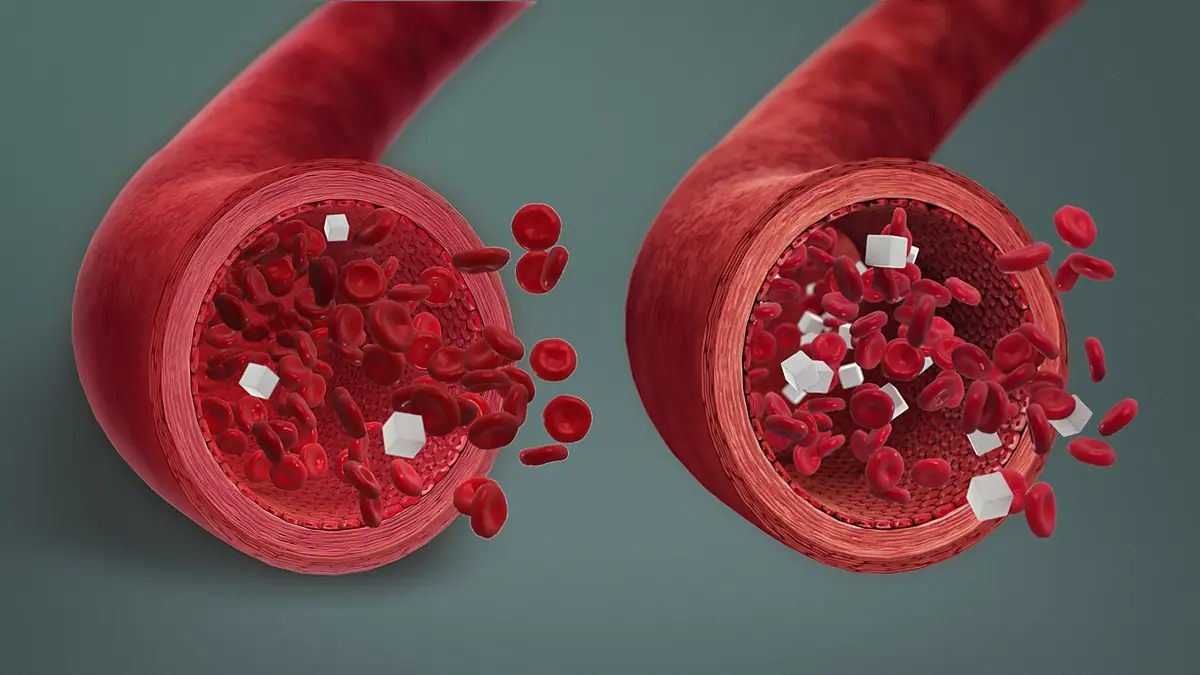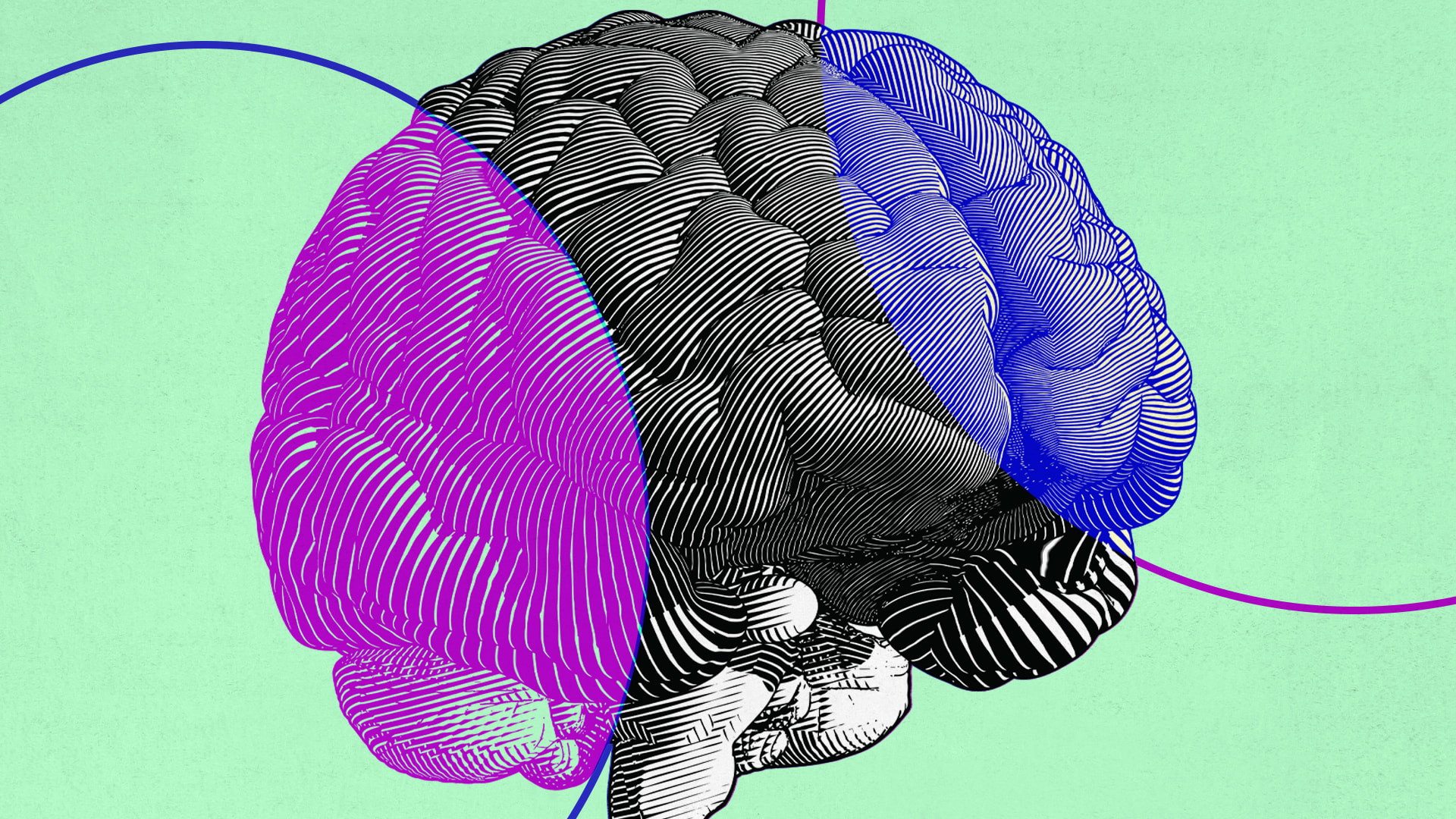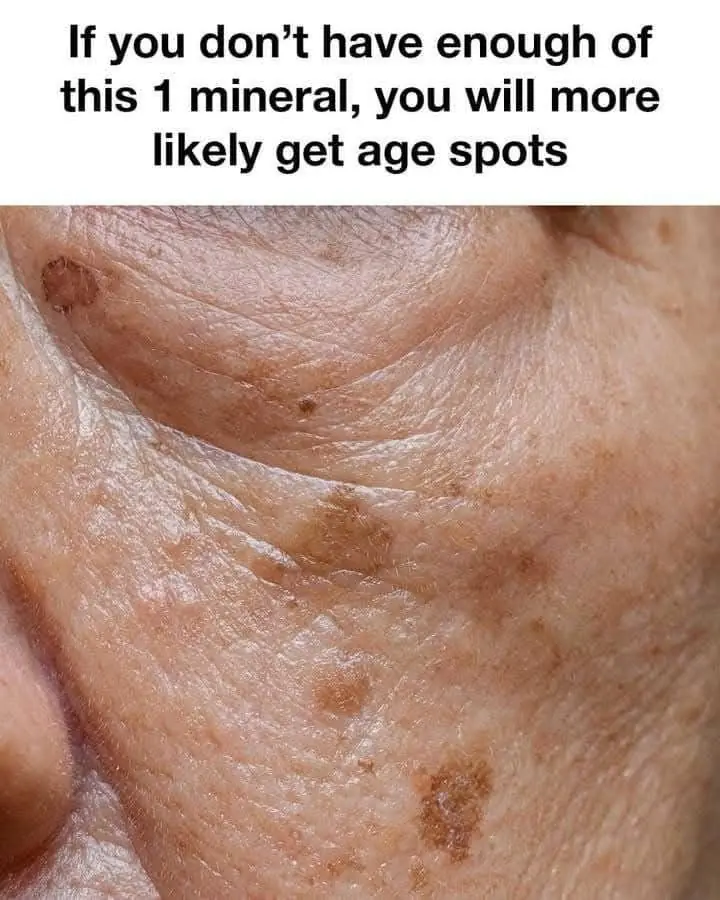
Scientists have discovered a key genetic factor that explains why women’s brains age at a different rate than men’s.
Scientists have discovered a key genetic factor that explains why women’s brains age at a different rate than men’s

For decades, researchers have observed a fascinating pattern in brain aging: women’s brains tend to stay “younger” for longer than men’s. Now, in a groundbreaking discovery, scientists have identified a key genetic factor that may help explain why this difference exists — and the answer lies deep in our DNA.
A recent study led by a team of neuroscientists and geneticists has uncovered a specific gene variant that appears to influence how the brain ages differently in men and women. The research, published in a leading neuroscience journal, suggests that women may be genetically wired to maintain more efficient brain metabolism and structural integrity as they age.
The team used advanced brain imaging techniques, including PET and MRI scans, to analyze how brain metabolism — specifically how the brain uses glucose — changes with age. Glucose is the primary fuel for the brain, and how efficiently it’s used can reflect the brain’s overall health. In the study, they scanned the brains of more than 200 adults ranging from their 20s to their 80s, and used machine learning algorithms to estimate the "metabolic age" of each participant's brain.

The results were striking. On average, women’s brains appeared metabolically about three to four years younger than men’s brains of the same chronological age. This pattern held true across different age groups, suggesting a consistent sex-based difference in brain aging.
Digging deeper, the researchers focused on a gene known as APOE, which has long been associated with Alzheimer's disease and cognitive decline. One variant of this gene, called APOE4, is known to increase the risk of neurodegenerative conditions. However, the study found that another variant — more commonly found in women — may actually protect against age-related metabolic decline in the brain.
“This discovery is a big step toward understanding why women tend to retain better cognitive function later in life,” said Dr. Anna Rodriguez, the lead author of the study. “It could also help explain why women are less likely to experience certain forms of dementia until later ages, despite being more likely to develop Alzheimer's overall.”
The findings not only shed light on the biological differences between male and female brain aging but could also have important implications for personalized medicine. Treatments for age-related cognitive decline or neurodegenerative diseases like Alzheimer's may one day be tailored based on sex and genetic profile.
It’s also worth noting that while genetics plays a crucial role, other factors such as lifestyle, hormones (like estrogen), education level, and even social engagement also influence how our brains age. Previous studies have shown, for example, that estrogen may have neuroprotective effects — a possible reason why women show delayed onset of age-related brain conditions compared to men.
As science continues to uncover the complex interplay between genes, sex, and brain health, one thing becomes clear: brain aging isn’t a “one-size-fits-all” process. Understanding the subtle — yet important — differences in how men and women experience brain aging can help us develop more targeted interventions and ultimately improve brain health for everyone.
So while aging is inevitable, the pace and pattern of how our brains change over time may be influenced by something as small — and powerful — as a single gene.
News in the same category


Doctors Highlight A Rare Cancer Symptom That Can Appear On Your Toenails

Stroke Warning Signs: When Your Body Sends a Silent SOS

Understanding Cholesterol: The Good, the Bad, and How to Keep It in Check

Only 1 Cup a Day: Choose 1 of These 3 Drinks to CLEANSE Your Fatty Liver!

SHOCKING Tips to Lower Cholesterol! Foods You Need to Know!

7 Kinds of Pain That Shouldn't Be Ignored

Natural Nighttime Elixir: Reduce Belly Fat in Four Days Safely

10 Reasons You’re Drooling While You Sleep and What It Could Mean

Scientists Successfully Grow Human Teeth in Lab — A Breakthrough in Dental Regeneration

The 4 Dangerous Qualities of “Dark Empaths”

7 SHOCKING Benefits of Cayenne Pepper You Never Knew!

What Is Brain Fog? Scientists Are Finally Starting to Find Out

70-Year-Old Woman Who Used Her Deceased Son's Sperm to Have His Child Through Surrogacy Shares Update After Birth

Age Spots: Causes, Prevention, and Effective Treatments

Preventing Nighttime Leg Cramps: Causes and Solutions

3 Phrases Narcissists Commonly Use, According to a Psychologist

Man Goes Viral Due to Severe Head Lice Infestation

Discover the Healthiest Fruit on the Planet: What Happens When You Eat Dates

6 Warning Signs That You’re Not Getting Enough Vitamin D
News Post

Understanding Diabetes: Types, Symptoms, Risks, and How to Manage It

Doctors Highlight A Rare Cancer Symptom That Can Appear On Your Toenails

Stroke Warning Signs: When Your Body Sends a Silent SOS

Understanding Cholesterol: The Good, the Bad, and How to Keep It in Check

Only 1 Cup a Day: Choose 1 of These 3 Drinks to CLEANSE Your Fatty Liver!

SHOCKING Tips to Lower Cholesterol! Foods You Need to Know!

Mix Baking Soda and Cloves to Save Tons of Money – You Won't Believe the Results!

The #1 Anti-Cancer Food You Should Be Eating

7 Kinds of Pain That Shouldn't Be Ignored

Natural Nighttime Elixir: Reduce Belly Fat in Four Days Safely

Harry Potter star told he may 'never walk or talk' again after shocking diagnosis

10 Reasons You’re Drooling While You Sleep and What It Could Mean

Scientists Successfully Grow Human Teeth in Lab — A Breakthrough in Dental Regeneration

After Wedding Ceremony, Groom Sees 2 Kids in the Crowd and Runs Away with Them – Story of the Day

The 4 Dangerous Qualities of “Dark Empaths”

My MIL Secretly Took a DNA Test on My Son — What She Found Out Shook the Whole Family

7 SHOCKING Benefits of Cayenne Pepper You Never Knew!

A Woman with a Baby Asked to Borrow My Phone on the Street – 2 Days Later, the Police Showed Up at My Hotel Door

I Found a Forgotten Wedding Gift in the Closet – Inside Was My Husband's Secret
